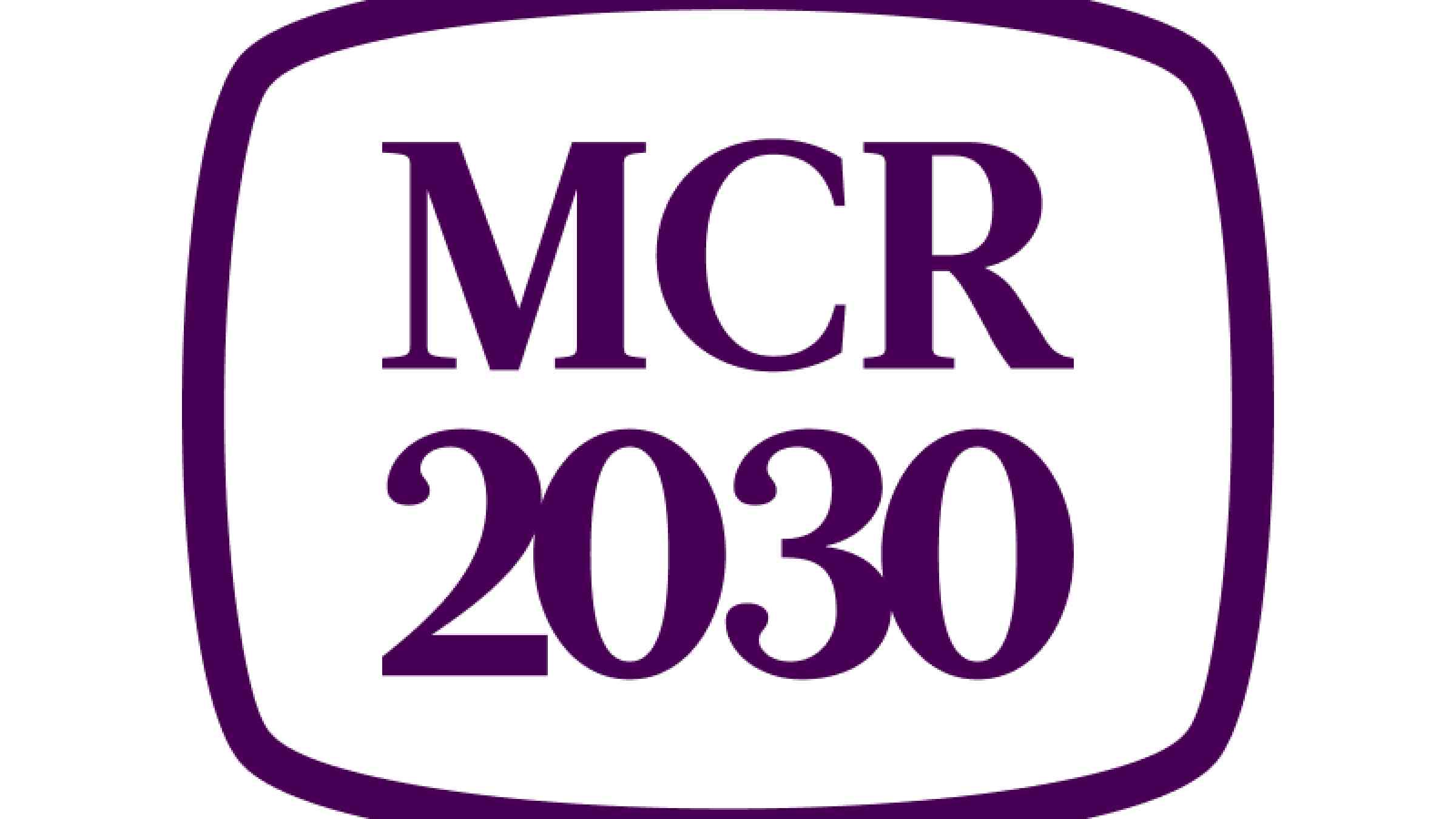Cities get ready as Making Cities Resilient 2030 is launched

Core partners of Making Cities Resilient 2030 (MCR2030) officially launched its second phase today, with a global programme to support cities on the road to resilience.
MCR2030 was launched at the Daring Cities conference hosted by Local Governments for Sustainability (ICLEI), one of the core partners.
Mami Mizutori, Special Representative of the UN Secretary-General for Disaster Risk Reduction and Head of the UN Office for Disaster Risk Reduction (UNDRR), said: “To achieve resilience, cities will have to address the underlying drivers of risk, which may include poverty, education, health, environmental degradation, among others. More than anything, a holistic and systems approach to resilience must be adopted by cities. MCR2030 aims to provide a framework for this approach.”
The goal of MCR2030 is to ensure cities become inclusive, safe, resilient and Sustainable by 2030, contributing directly to the achievement of Sustainable Development Goal 11 (SDG11) and other global frameworks including the Sendai Framework for Disaster Risk Reduction, the Paris Agreement and the New Urban Agenda.
Co-created by partners and networks of cities, MCR2030 will offer cities a clear, three-stage resilience roadmap to assessing, planning and implementing risk reduction and resilience building initiatives. The resilience roadmap will link cities within a peer-to-peer learning environment and communities of practice, supported by access to tools, technical specialists and advisers.
Implementation is focused on three key areas: giving advisory support for improved DRR and resilience planning, climate finance, municipal finance and climate adaptation;
improving coordination between national and local governments and national associations of local governments; and forging strong partnerships at the local level for more efficient implementation.
Recognising that access to finance is one of the biggest hurdles to reducing risk, MCR2030 will also provide a platform to help cities strengthen their ability to access funds and allow cities to find specialist service providers and investors for actions and initiatives.
MCR2030 builds on the success of the ten-year-old Making Cities Resilient Campaign, which concludes at the end of 2020 and has more than 4,300 city signatories. MCR2030 will run from January 2021 to the end of 2030.
By 2050 most of the world’s population will be urban and cities will be the key setting for ensuring the inclusive, safe, resilient and sustainable spaces for citizens. The resilience of cities will be key in accomplishing the Sustainable Development Goals and associated global frameworks.
If you are a city or local government: MCR2030 is a place to find guidance and support to enhance understanding of risk reduction and resilience, to improve strategic planning to reduce risk, and to take actions and progress along the resilience roadmap. All cities and local governments are highly encouraged to sign up as MCR2030 member cities.
If you are an organization or individual working with cities: Cities at different stages need different levels of support from partners to progress along the resilience roadmap. Partners have a variety of tools useful for cities at different stages. Any government entity, national association of municipality, development agency, non-governmental organizations (NGO), civil society organizations (CSO), academia and research institution, private sector organization, UN agency or individual with specific knowledge and expertise that can support cities to progress along the resilience roadmap are encouraged to join as MCR2030 partners.
MCR2030 core partners are:
- Global Resilient Cities Network (GRCN);
- ICLEI – Local Governments for Sustainability;
- The International Federation of Red Cross and Red Crescent Societies (IFRC);
- The Japan International Cooperation Agency (JICA);
- United Cities and Local Governments (UCLG);
- The United Nations Human Settlements Programme (UN-HABITAT);
- The United Nations Office for Project Services (UNOPS);
- The World Bank Group; and
- The World Council on City Data (WCCD),
- with the United Nations Office for Disaster Risk Reduction (UNDRR) as the Secretariat.
For more information or to request an interview visit mcr2030.undrr.org or contact:
Jeanette Elsworth, Public Information Officer, UNDRR
tel: +41 766 911020, email: [email protected] or [email protected]

